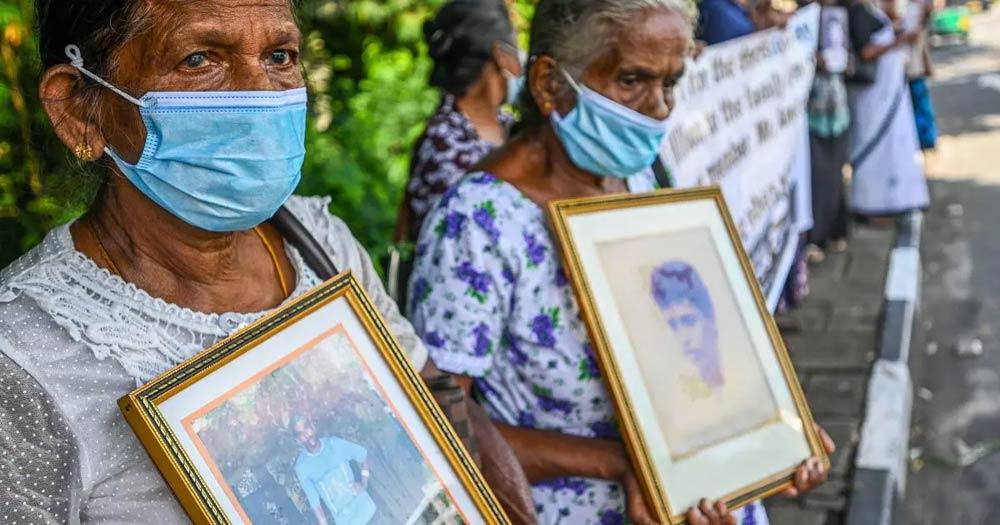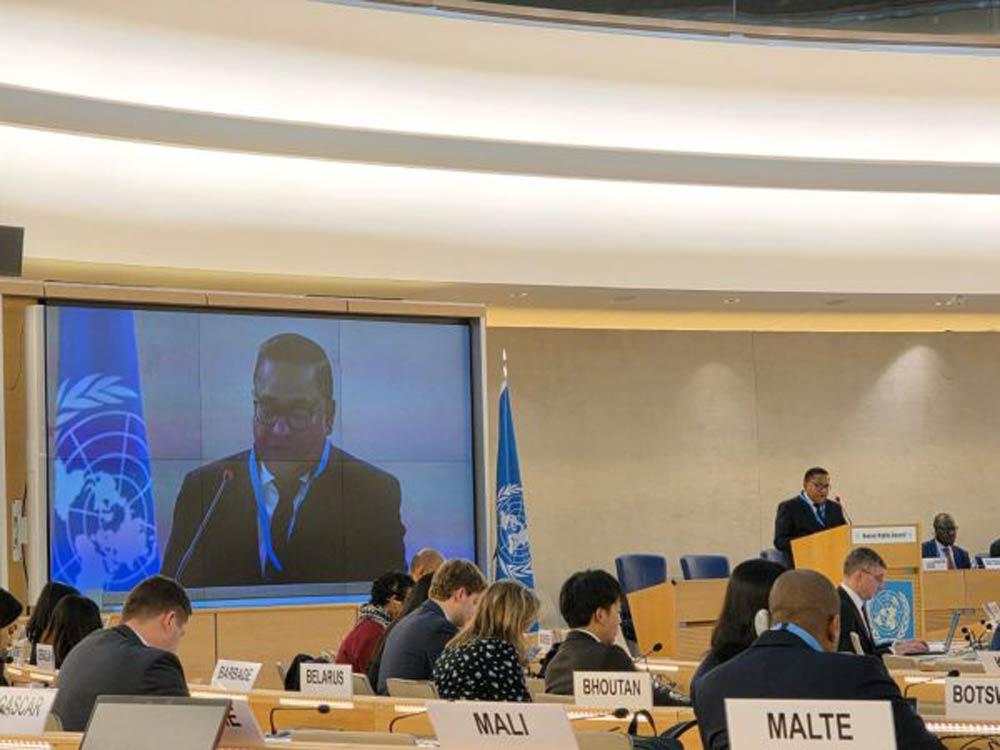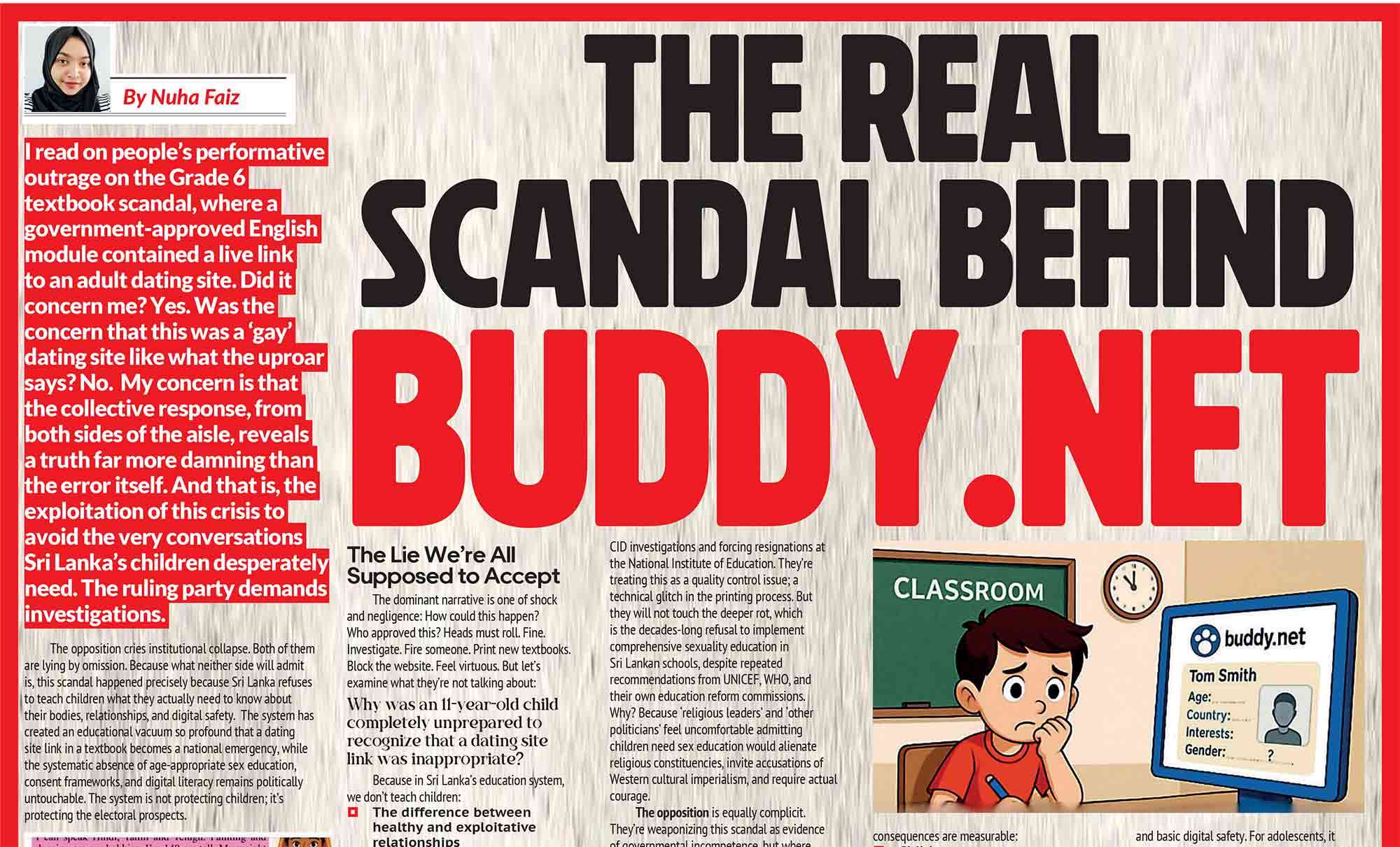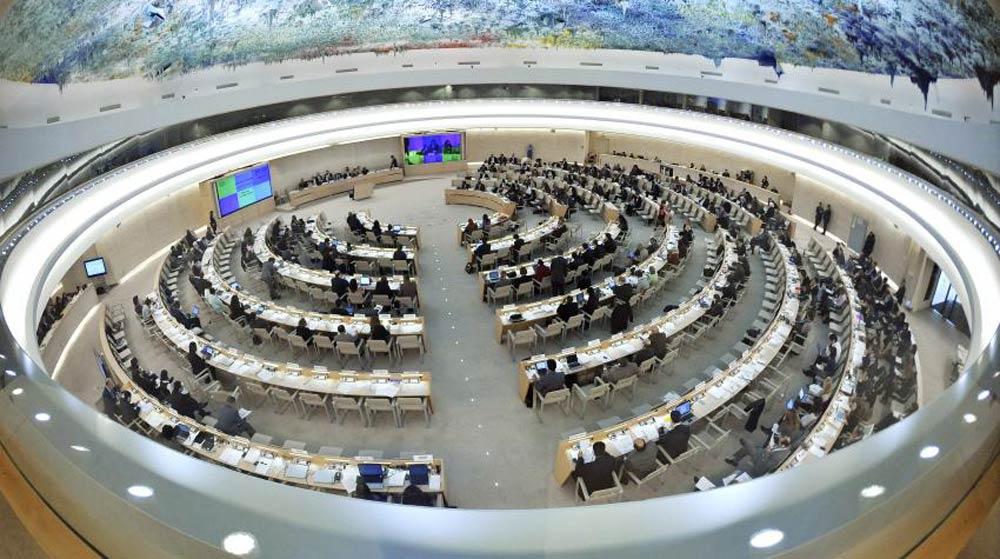
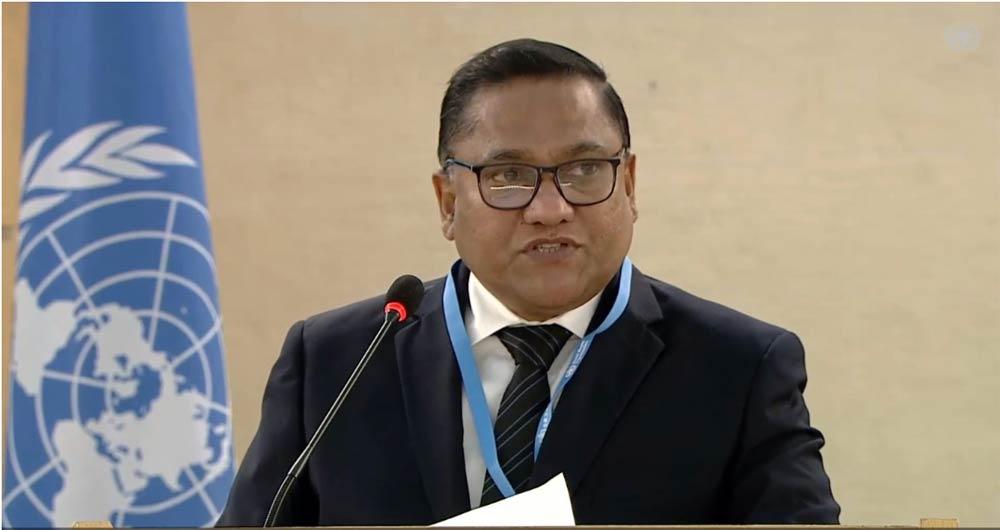
When the UN Human Rights Council extended the Sri Lanka Accountability Project (SLAP) on the 6th of October, it wasn’t just a bureaucratic renewal. It was an international declaration that sixteen years after the end of the war, the international community has lost faith in Colombo’s capacity to deliver credible justice. The SLAP mandate, established in 2021, empowers the Office of the High Commissioner for Human Rights to gather and preserve evidence of wartime abuses. Its extension to 2027 signals that Geneva remains skeptical that domestic mechanisms alone can deliver justice to the tens of thousands of victims still waiting for closure. Sri Lanka’s delegation in Geneva rejected the renewal, calling SLAP an “unprecedented and ad hoc expansion” of the UN’s authority and asserting that only “nationally owned processes” can deliver reconciliation.
The View from Geneva
Western diplomats in Geneva have praised this administration’s rhetoric but urged that words translate into results. The UK’s representative called for the exhumation of mass graves, the empowerment of an independent prosecutor, and the protection of human rights defenders from intimidation. Human Rights Watch was more direct, calling SLAP’s extension “essential while justice is denied.” Moreover, Amnesty International has argued that, given Sri Lanka’s record, evidence collected through the UN remains the only credible path to accountability. Both organizations stress that domestic mechanisms can regain legitimacy only by demonstrating independence and political will. Meanwhile, many Tamil diaspora groups view the resolution with conflicting opinions: it maintains international scrutiny but stops short of demanding a hybrid court or international judges.
From Geneva to Colombo
A week after the resolution was passed, Foreign Minister Vijitha Herath appeared before Parliament to state that the government had deliberately chosen not to seek a vote on the resolution, describing past confrontations in Geneva as “a waste of public funds and time.” He maintained that external mechanisms “infringe upon the sovereignty of the state.” He also outlined a domestic reform agenda that includes replacing the Prevention of Terrorism Act (PTA), establishing an independent Public Prosecutor’s Office, and strengthening the previously established Truth and Reconciliation Commission (TRC). However, critics note that this language feels all too familiar. Since 2015, every administration has promised a “home-grown” accountability process. Each time, those promises have evaporated under political pressure or bureaucratic inertia. For many observers, the question is no longer what Sri Lanka pledges to do, but whether it can be believed when it says it will do it.
Déjà Vu
At the UNHRC session in Geneva, MP Dr. Harsha de Silva offered the opposition’s perspective, saying that Sri Lanka should not fear international involvement in investigations, as long as prosecutions remain under domestic jurisdiction. “The community has lost faith,” he said. “The way to re-establish that is through a domestic mechanism that is independently carried out.” His statement captured the tension at the heart of the debate. On one hand, regaining public trust in Sri Lanka’s judicial system requires that justice be locally owned. Yet whether such a balance between local ownership and credible results is feasible remains an unanswered question. The trouble with the government’s position is that we have heard all of this before. Previous governments have prioritized sovereignty while keeping tight political control over appointments and outcomes. Commissions were formed, reports written, and recommendations thrown out. Each effort has culminated in a highly effective decade-long stalling strategy.
The Existing Credibility Gap
Despite the familiar nature of the talking points, Foreign Minister Herath’s reform pledges deserve a fair assessment. Repealing or replacing the PTA would mark a significant departure from the status quo that has long dominated Sri Lankan politics. Moreover, the proposed Public Prosecutor’s Office, if truly independent, could break the link between political patronage and justice. It is also vital to recognize that the TRC must be empowered through sufficient resources, staffing, and genuine political support to function beyond symbolism. Though encouraging on paper, it is clear that these mechanisms have yet to demonstrate any real independence. Until these reforms move beyond parliamentary speeches, scepticism is bound to remain not only abroad but at home as well.
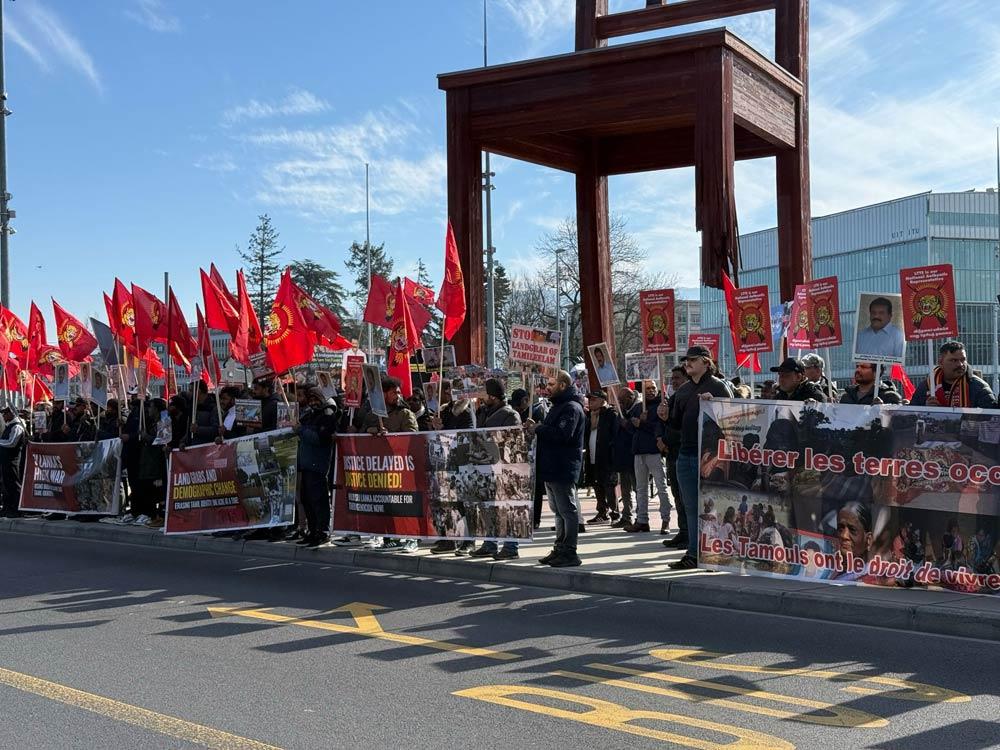
What Parliament Must Confront
Next week’s parliamentary debate will determine whether Sri Lanka’s renewed commitments can actually translate into meaningful reform. Lawmakers will need to press for specific timelines: When will the PTA actually be repealed? How will the new prosecutor’s office guarantee independence? What safeguards will ensure that the Truth Commission’s findings are not quietly buried like so many before it? Historical precedent tells us that the government will likely argue that sovereignty must come first, that external pressure undermines reconciliation, and that “home-grown” solutions are the only sustainable path. These ChatGPT-esque talking points are what is to be expected; however, this administration has the golden opportunity to surprise observers tuning in to the session.
Beyond Geneva
It is tempting to treat Geneva as a distant arena of international politics, but the UNHRC debate shapes how the world perceives Sri Lanka, from its human rights record to its economic partnerships. International credibility affects trade, diplomacy, and investment. The extension of SLAP is not a punishment but a mirror that reflects how the world sees our commitment to justice. The current administration now faces a choice. It can treat the UN process as an adversary to be managed or as a partner in rebuilding trust. If this administration’s domestic reforms are genuine, international scrutiny should not be feared but welcomed. Next week’s parliamentary debate will not settle the issue, but it can signal intent. It can show whether Sri Lanka is ready to move away from sovereignty as a shield. Ultimately, it is a national test of political will.
